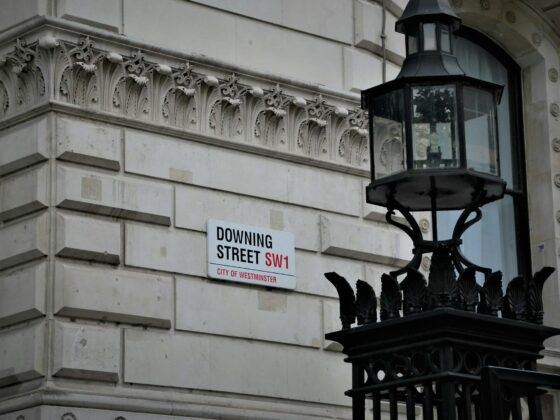There is considerable room for improvement, especially in ensuring fair hotel rankings, platform responsibilities, booking options, and data sharing
Nov 21, 2024
Booking.com’s response to the Digital Markets Act (DMA) introduces notable changes that offer hotels greater flexibility and improved access to data. Positive developments include the removal of parity clauses in the Genius loyalty program and easier access to downloadable data for hotels. The increased availability of data for guests is commendable, although the question is how many will navigate the complex process to access it.
Key takeaways
- Advertising services debate: Booking.com claims it doesn’t “operate an online advertising service,” though it does offer paid options such as boosted listings to over a million EU hotels;
- Guest communication: While Booking.com doesn’t block direct communication with guests, it doesn’t provide key contact information – such as email addresses – that hoteliers need to make direct contact. This leaves hotels dependent on guests voluntarily sharing their information.
- Parity clauses: The elimination of parity clauses is a step forward. However, Booking.com’s compliance with Article 5.3 of the DMA depends on the fact that parity requirements for inventory within the EEA no longer apply, leaving some ambiguity.
Get the full story at Triptease









